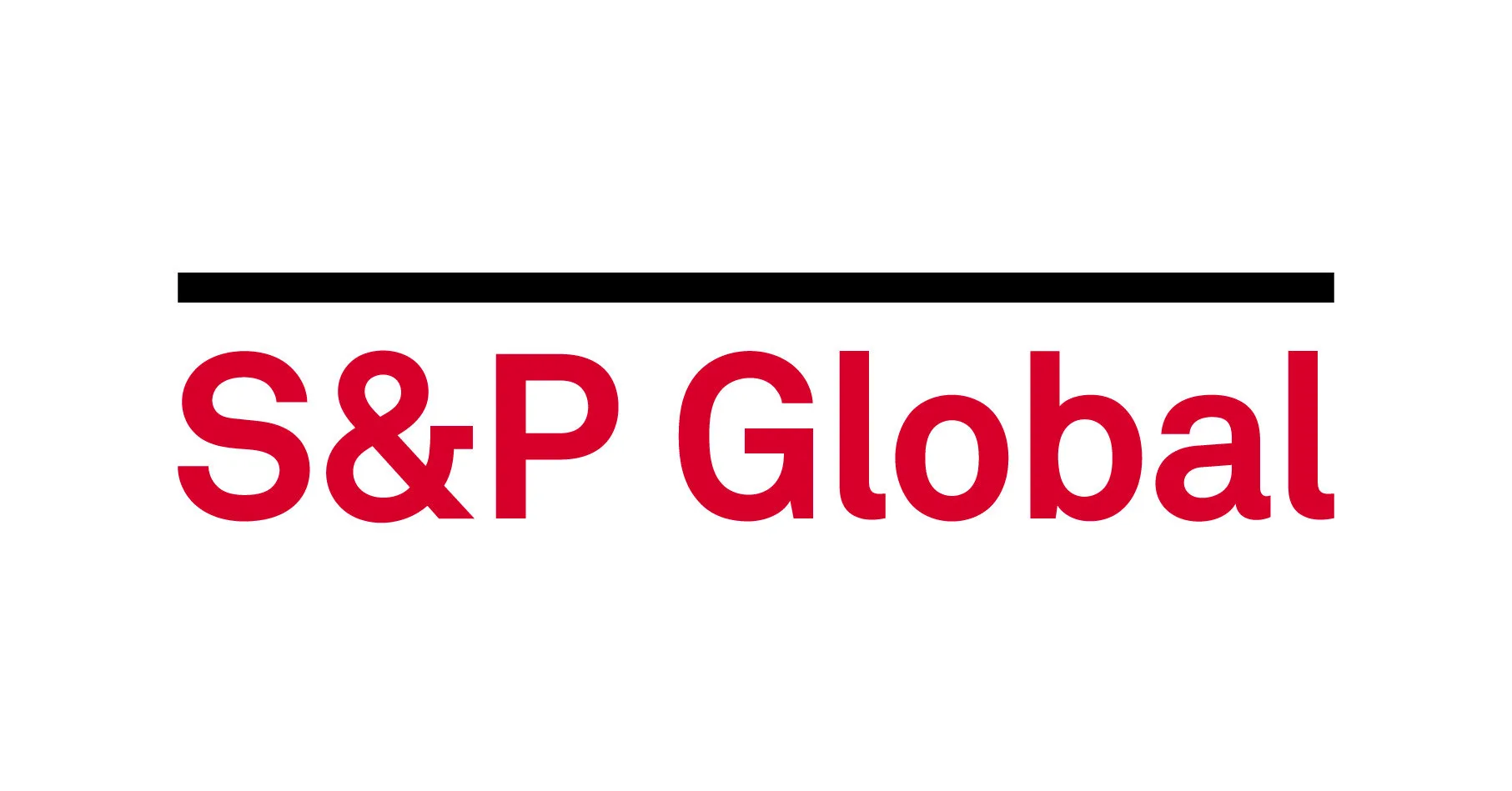
S&P Global has released its latest edition of the Look Forward research series, revealing that emerging markets are poised to be the primary drivers of global economic growth over the next decade. The report assesses the opportunities and challenges these markets will face in areas such as energy transition, supply chain integration, and labor productivity.
According to the research, by 2035, emerging markets are expected to contribute approximately 65% of global economic growth. This significant impact will stem from favorable demographics, abundant natural resources, shifting trade dynamics, and technological advancements in energy and manufacturing. However, the report also notes that challenges such as geopolitical tensions, climate change, and restrictions on trade could complicate this growth trajectory.
GDP Growth Rates: Emerging markets are projected to achieve an average GDP growth rate of 4.06% through 2035, in stark contrast to the 1.59% growth expected in advanced economies. This growth will be primarily driven by Asian emerging markets, including China, India, Vietnam, and the Philippines.
Market Potential: The research highlights that Malaysia stands out favorably among its peers based on macro-level data covering market potential, policy environment, institutional quality, logistics efficiency, and resource availability. Brazil, Indonesia, and India are also well-positioned for growth.
Income Disparity: Despite progress, the increase in income levels in emerging markets will be uneven. By 2030, the median GDP per capita in the largest emerging economies is projected to be only 31% of that in developed markets.
Rising Public Debt: Public debt is expected to rise in most emerging economies through 2030, although their capacity for self-financing is also improving. Key indicators such as lower foreign currency debt, stronger external positions, larger reserve buffers, and enhanced monetary policy effectiveness suggest that many emerging markets are now less vulnerable to global financial shocks than in previous decades.
Competition and Automation: To sustain supply chain-led growth, emerging markets must compete with low-cost labor from frontier economies and increased automation in developed countries. Investing in skills development and manufacturing automation is crucial for continued success.
Decarbonization and Energy Transition: Emerging markets are on a distinct decarbonization path, influenced by local policies and investment priorities in renewable energy. With rising electricity demand and decreasing technology costs, these markets are expected to develop nearly 6,000 gigawatts of clean energy projects by 2040, necessitating over US$5 trillion in investments.
“In the coming decade, emerging markets are strategically positioned to drive global economic growth through the expansion of their domestic markets and to benefit from the reconfiguration of supply chains, trade, and investment,” stated Yann Le Pallec, Head of Global Ratings Services at S&P Global Ratings. “This edition of our Look Forward Journal draws on our enterprise’s extensive expertise to examine the most significant themes shaping these vibrant economies and help our customers navigate the complexities of emerging markets with confidence.”
Hong Kong’s appellate court has overturned fraud convictions against renowned pro-democracy activist Jimmy Lai, marking…
ABU DHABI, FEBRUARY 26, 2026: Pakistan Shaheens are gearing up to secure a winning start…
Denmark Faces Election as PM Seizes on Greenland Crisis The upcoming parliamentary election in Denmark…
Prime Minister Shehbaz Sharif Reviews Rs38 Billion Ramadan Relief Package 2026 The Prime Minister's review…
Prince William faced criticism for failing to address his uncle's controversial past during a recent…
Nairobi — A significant revelation emerged on Thursday as a recruitment agency founder was charged…
This website uses cookies.